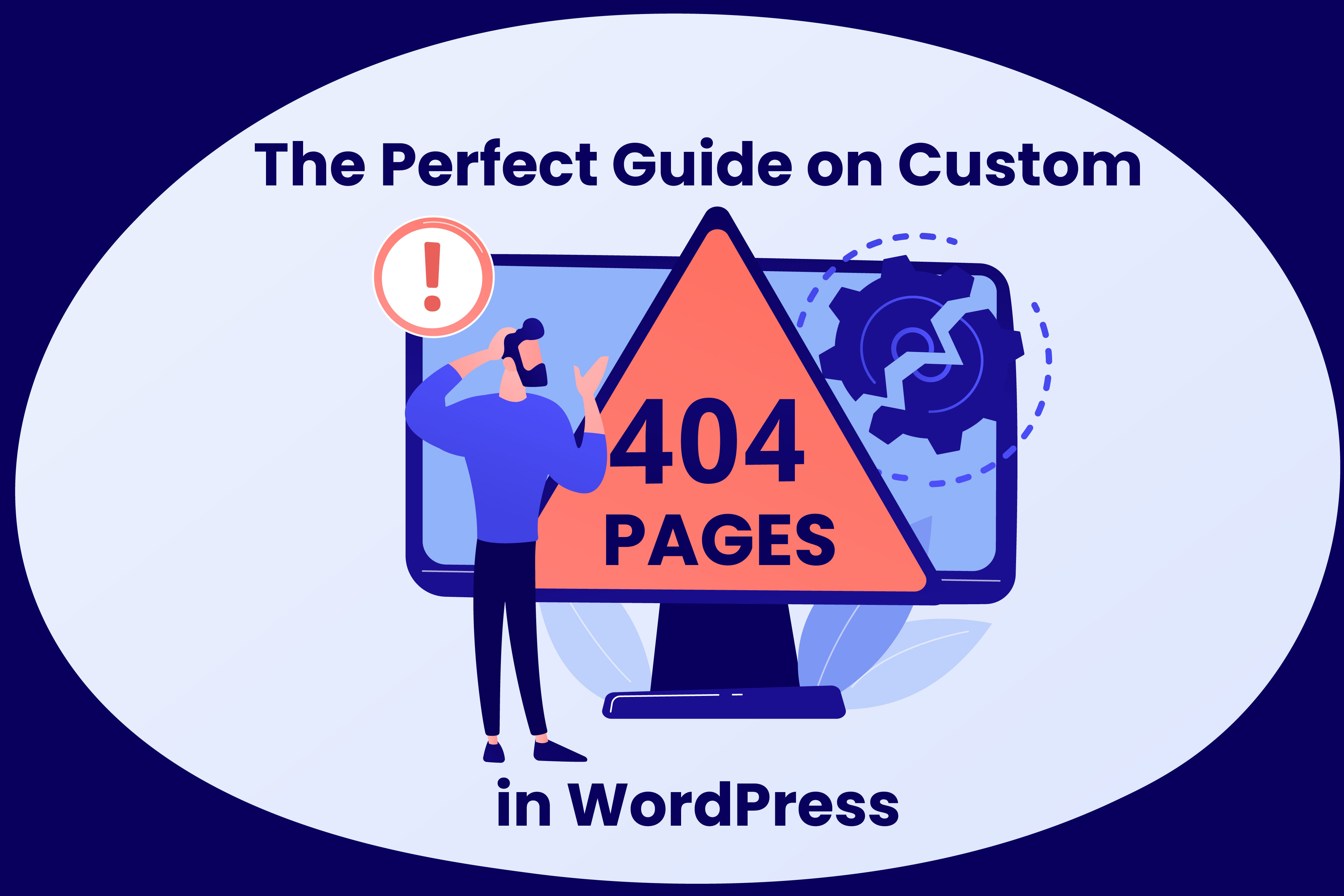You may have done everything in your power to curb the impact the of cyber attacks via your emails. But what about your WordPress website? From phishing to malware, cyber threats are very real for anyone with a website, even when using the trustworthy platform of WordPress. Are all your security measures in place to safeguard this important resource?
Why is Hacker Protection so Important?
Did you know the number of websites that contain malware is well over 10 million? Though this threat’s prevalence is lower compared to statistics relating to email hacking, malware removal for websites is still essential. You don’t want your brand or online reputation tarnished by being associated with a malware attack.
Also, know that all types of WordPress sites get hacked from time to time. Even if you’re only a blogger or a small business hosting a website, hackers could target you. In fact, small businesses are prime targets when it comes to cyber crime. Therefore, all WordPress users need to stay vigilant.
Finally, you have a responsibility towards your visitors to offer safe pages to browse.
What is Malware—The Ugly Truth
Firstly, malware is a type of software. The goal of this software can be any of the following:
- Causing disruption to a computer system
- Damaging a system
- Gaining access to information, without authorisation to do so
This kind of impact can affect you but also create challenges for your website users. The latter can happen if your website is the source from which malware reaches them, or if the software accesses your visitors’ private information via your website.
How Malware Affects Your Website
A hack can take place by taking advantage of vulnerable code or acquiring account access if you don’t follow password best practices. In some instances, a hosting account gets hacked and then affects your website.
If the malware gains access to your website, there are multiple ways it can disrupt or damage it. Perhaps it simply disrupts the availability of pages. Unfortunately, if can also redirect your web traffic to spam pages. As mentioned above, some of the worst outcomes involve accessing and stealing people’s private data stored on your website, or transmitting malware onto your visitors’ systems.
Signs Your Website Has Been Hacked
No need to live in perpetual fear of whether your site has been hacked. There are clear signs of the problem, which you can look out for:
- You notice website traffic drops suddenly
- Pages of the website are unresponsive or load slower than usual
- You got locked out of your WordPress account and can no longer use the service for email sending or receiving
- Hackers added spammy links—usually to footnotes of a page
- Occasionally a hacker defaces a homepage to announce a hack, though this isn’t common
- Seeing new user accounts you haven’t authorised
- When you review server logs you’ll see unusual activity, such as attempts to block suspicious IP addresses
- Popup ads that aren’t created by you
- Your security certificate is compromised
- When Googling your site, you get redirected to other pages
If you notice a problem, implement our tips below or partner with us for a malware removal service Auckland locals can use. As a web hosting vendor, we can also monitor Auckland customers’ sites on their behalf.
Protection for WordPress Websites—7 Easy Tips that Anyone can Implement
Be proactive in safeguarding your WordPress site and you’ll minimise the risk of falling prey to hackers.
Start with a Secure WordPress Theme
Thanks to many talented designers, the market is filled with attractive WordPress themes. Unfortunately, not all of them are safe, since some may come with vulnerabilities. Rather stick to the WordPress theme directory, or at least check a theme’s validity and acceptability first. There are online resources to easily do this by simply using the theme’s URL.
Keep Your WordPress Version Up to Date
Each WordPress software update comes with new security features, such as fixes for past security vulnerabilities. Therefore, after creating your website, regularly update to utilise the latest WP version. You should receive notifications whenever a new version is available.
Have an SSL Certificate
If you’re using a quality hosting agency, they can easily provide you with an SSL (Secure Sockets Layer) certificate. The benefit to you is that it enables encryption of data. Also, this certificate proves to your users that you have an authenticated site, which sparks trust as they feel safe viewing your pages.
Use Login Best Practices
A stronger password makes it more difficult for hackers to guess or hack it. Rather pick a complicated one that incorporates special characters too. You can use password managers to help you keep track of different platforms’ strong passwords.
Take login security to a next level by using two-factor authentication and even deleting the default admin account for your WordPress site. In many cases, it’s this account that hackers target first.
Use Security Plugins
Software developers provide you with many tools to help safeguard and monitor your website. This is especially helpful if you’re not tech savvy. The plugin will scan your site to pick up on malware or vulnerable source files. Also, they block problems such as hotlinking.
Always Have Your Website Backed Up
Even with various security measures in place, a site can still get hacked. But with a recent backup on hand, a malware attack’s impact is much less destructive. For one thing, even if the attack results in data loss, you can simply use your backed up information to reactive your website and continue. This is especially important for businesses that have WordPress sites which contains information you need to use for business purposes.
Block Attacks with Firewalls
Firewalls are barriers that separate your website from other networks. It also helps block traffic that is not authorised, from gaining access to your site.
Conclusion
You can see that creating a more secure website isn’t that difficult. Still, hackers are getting more innovative all the time. So, do partner with experts in the field if you want peace of mind that your website doesn’t put you or your visitors at risk.




















